MNR Hokies virtual alumni event, and launch of mentorship and networking platform
December 7, 2021

By Karen Zhang
On Tuesday, November 9th, over 75 Master of Natural Resources (MNR) alums gathered on Zoom to reconnect and hear from a host of speakers as they shared the sustainability initiatives they are championing in business, government, and nonprofits, focusing primarily on environmental, social, and governance (ESG) practices in their organizations.
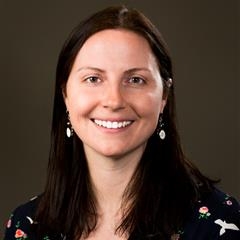
The first such event in the MNR program history, this virtual reunion was created by alums, for alums. Led by Beth DeNoia-Feliciano, XMNR ‘20, and supported by the alumni relations office of the College of Natural Resources and Environment (CNRE), the event featured speakers from the ranks of MNR graduates.
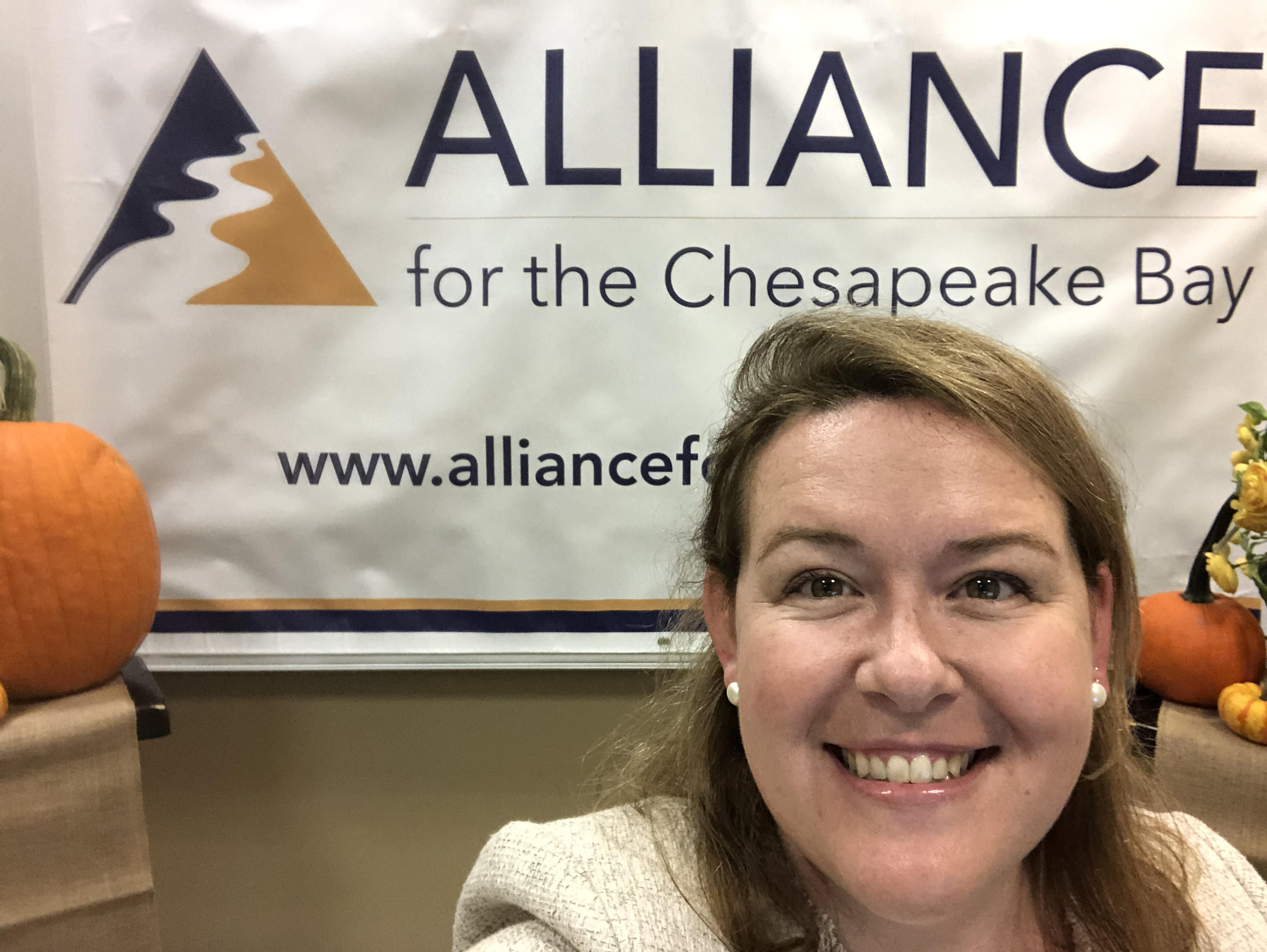
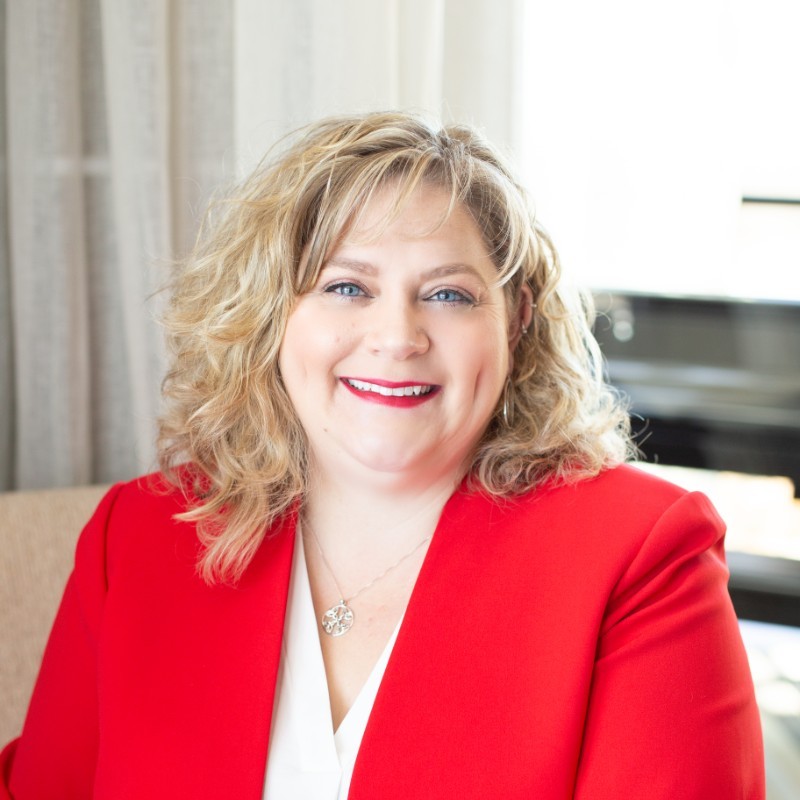
Panel moderators Kate Fritz, CEO, Alliance for the Chesapeake Bay, XMNR ‘12, and Audra Upchurch, Director for Homeland Security (Immigration), Logistics Management Institute (LMI), MNR ‘09, led insightful panel discussions with panelists Ryan Hathaway, Environmental Justice Coordinator, U.S. Department of the Interior, Office of the Secretary, OMNR ‘14; Danielle Simms, National Advocacy Manager, WE ACT for Environmental Justice, XMNR ‘17; Heather Pfahl, Global Director of Social Impact & Sustainability, Starbucks, XMNR ‘20; Joe Tannery, Director of CX Strategy & Analytics, Dominion Energy, XMNR ‘12; Sara El Choufi, Environmental Analyst, XMNR ‘18; and Marshall Distel, Senior Transportation Planner at Chittenden County Regional Planning Commission, OMNR ‘19.
The “what” and “how” of the Social—the “S” in ESG—in cross-sector sustainability

Taking ESG issues into account is nothing new for big corporations, like Starbucks. Heather Pfahl, who leads global sustainability and social impact at Starbucks, said the global coffee chain is committed to providing full tuition reimbursement for all of its eligible U.S. employees. In alignment with its coffee-specific environmental goals to achieve carbon neutral green coffee and conserve water usage in green coffee processing, Starbucks continues to commit to its cornerstone of an ethical sourcing approach to buying coffee. “Starbucks’ Coffee and Farmer Equity Program dates way back to 2004,” Heather explained. “The company has strong tailwinds of being transparent, traceable, and taking action—and those tailwinds will guide us as we work to continuously improve and lean into the challenges that face humanity!”
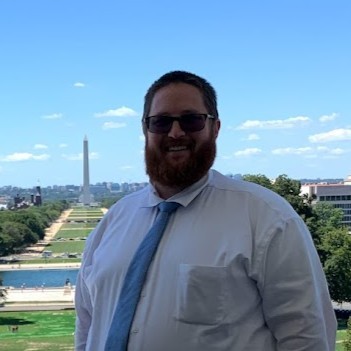
“The ‘S’ has a different connotation in federal government,” said Ryan Hathaway, a public servant working in the U.S. Department of the Interior. He is on the frontlines to tackle the social component of environmental justice policies under the current administration. Ryan described the “Justice40 Initiative,” part of Executive Order 14008 on Tackling the Climate Crisis at Home and Abroad signed by President Biden, to establish the goal of delivering 40 percent of the overall benefits of relevant federal investments to disadvantaged communities most impacted by climate change and pollution.
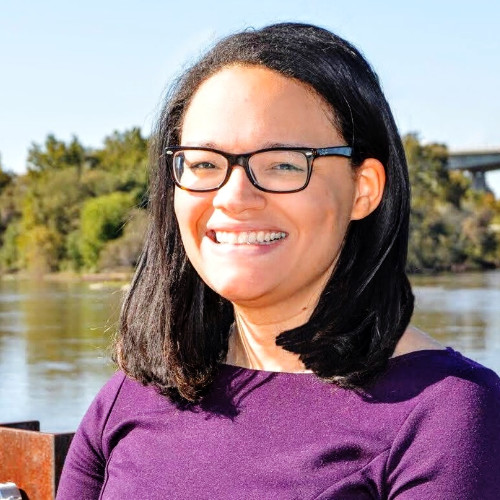
Both Ryan Hathaway and Danielle Simms, a seasoned public policy advocate at WE ACT for Environmental Justice, acknowledged the historic systemic discrimination resulting in environmental injustices. Communities of color and low-income communities are disproportionately affected by air and water pollution. Campaigning to reframe bedrock environmental laws to be equitable and protect human health, while creating more opportunities for public input and involvement, propels Danielle to stay active in breaking barriers to “update a lot of outdated systems and processes,” as she said.
Ryan quoted author Bill Bryson’s words to highlight the truth of humans’ craving for convenience. In his book, A Short History of Nearly Everything, Bryson wrote, “I mention all this to make the point that if you were designing an organism to look after life in our lonely cosmos, to monitor where it is going and keep a record of where it has been, you wouldn't choose human beings for the job.”
“We need to make things easier for people to do,” said Ryan, with respect to developing solutions to address global problems like climate change and promote ESG practices.
The “what” and “how” of the Environmental—the “E” in ESG—and the Governance—the “G” in ESG—in cross-sector sustainability
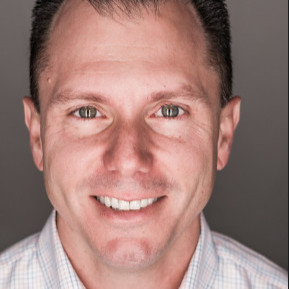
Joe Tannery, Director of Customer Experience Strategy at Dominion Energy, also gave his customer-oriented sustainability work a human touch. “Many customers want renewables (energy) and to lower their carbon emissions,” said Joe, who found human-centered design and psychology useful in his work to influence early adopters’ consumer choices. Dominion Energy, a Virginia-based utility company that operates in 16 states, seeks to help customers succeed in their journey to sustainable living. Joe said, “Customers can get lost.” He found it important to meet people where they are and listen to them about what matters to them in their life. The Fortune 250 Company is committed to achieving net zero emissions from its electric and gas operations by 2050.
The 2021 MNR Alumni Event took place in conjunction with the twelve-day U.N. climate summit, COP26 in Glasgow, and the passing of the new U.S. infrastructure bill. Panelists in the second group were asked how cultural shifts had influenced their action plans in their work.
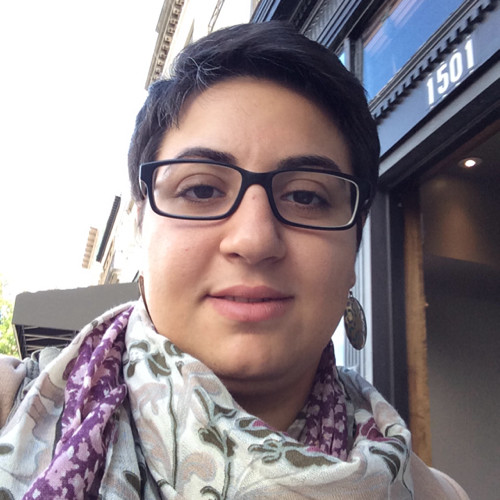
Sara El Choufi, an environmental analyst, said emphatically, “The role of the U.S. in the international arena is very important.” She sees the benefits of working together with and gaining efficiency among the parties to the Montreal Protocol on limiting ozone-depleting substances. This global governance success story is worthwhile to replicate to harness climate change mitigation and adaptation initiatives to benefit vulnerable populations.
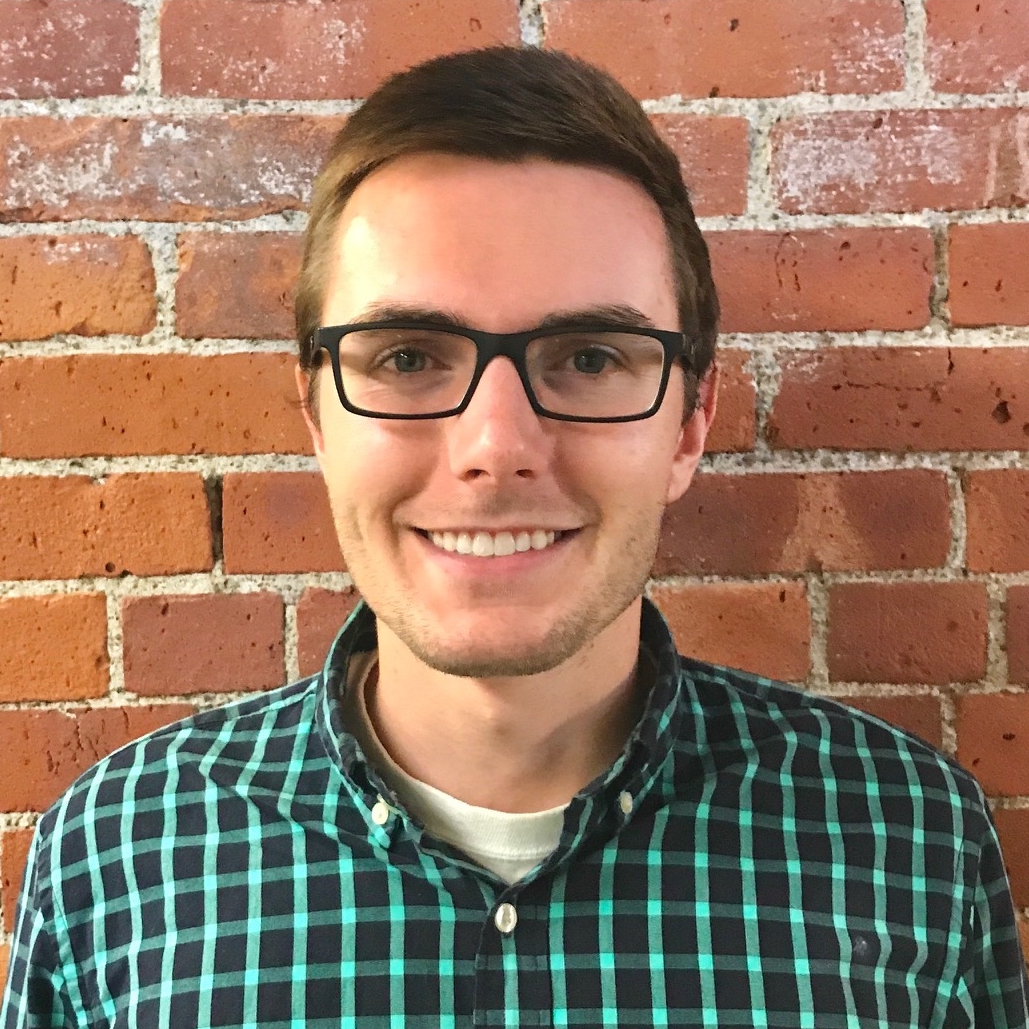
“Cities can have a key role in the global energy transition,” said Marshall Distel, who serves as a senior transportation planner in Chittenden County, Vermont. Marshall is passionate about sustainable development and the growth of cities that incorporate the principles of smart growth. He said greenhouse gas emissions can be reduced by making changes to land-use development policies, to incentivize growth in walkable urban centers to limit suburban sprawl. “The prospect of new policies at the federal level could have a significant impact on our work,” Marshall emphasized. He welcomes the new federal infrastructure bill that will provide necessary funds for upgrades to roads, bridges, and public transit systems.
Following these two panels that were organized, moderated, and populated by MNR alums, the event culminated with a series of speed networking sessions where alumni had the opportunity to engage with their peers in small group discussions. Moving forward, alumni have the opportunity to stay engaged via a new MNR Networking & Engagement group site on Hokie Mentorship Connect.
The launch of Hokie Mentorship Connect
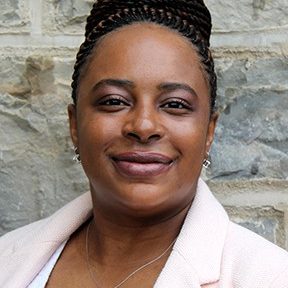
Early in the evening, attendees were encouraged to share one word to describe how they were feeling at the moment. Participants added greetings and emotional words in the virtual chat box. Many of them wrote “excited,” a word that resonated throughout the event, especially as Joy Capers, Assistant Director of Hokie Mentorship Program Career and Professional Development, introduced the Hokie Mentorship Connect, and Gabi Mountain, Director of Alumni Relations for the College of Natural Resources and Environment, expanded on the many ways alums can participate in and contribute to the Hokie community.

Key platform features include:
Discussion Board Groups are career- and industry-focused discussion boards for VT students, alums, faculty, and staff. Group membership perks include the ability to ask questions, view comments, and actively engage with other users based upon similar affiliations or career-related interests.
Flash Mentorship provides mentees with opportunities to network, do informational interviews, and pick the brains of industry experts at any time with no set time limit.
Projects is a hub for alums to offer short-term, career-related virtual internship projects for current students.
Structured Mentorship is a six-month commitment that allows a mentor and mentee to build a relationship focused on collaboratively working on the completion of specific career-related goals to enhance the career exploration process and/or professional development of the student.
In addition, there is a private group on Hokie Mentorship Connect for MNR alums to stay connected and engaged with other sustainability professionals. Everyone is welcome to join the group and contribute to it, whether by offering mentorship, sharing job opportunities, or simply by participating in discussions.
The next MNR Alumni Event is being planned for Spring 2022. Stay tuned for more information soon!
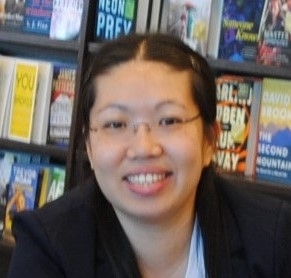
Karen (Songyi) Zhang grew up in the southeastern Chinese city of Guangzhou, formerly known as Canton. Her essays and op-ed articles have appeared in various publications in China and the U.S., and she authored the memoir Golden Orchid: The True Story of an Only Child in Contemporary China. She received her M.F.A. in Creative Writing from Chatham University in Pittsburgh. Karen has worked for the Washington-based Radio Free Asia as an administrator, broadcaster, and translator. With deep passions for language and the environment, Karen plans to join global efforts to promote sustainable development with her newly acquired knowledge in the field. She graduated from Virginia Tech’s Executive Master of Natural Resources (XMNR) program in 2020.


